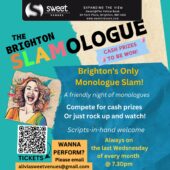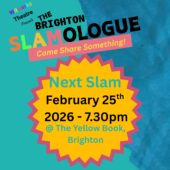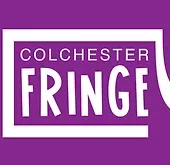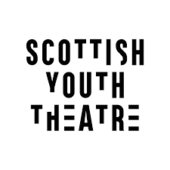Edinburgh Fringe 2025
The Scold’s Bridle
Belladonna Theatre
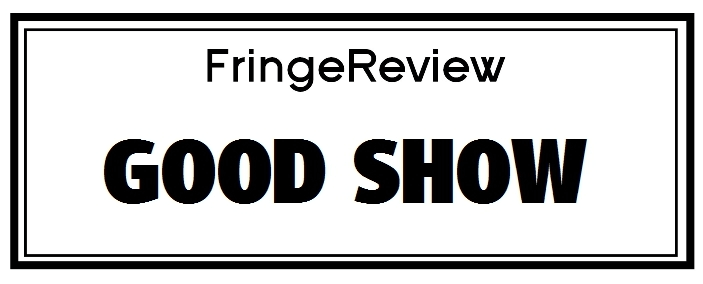
Genre: Horror, New Writing, Theatre
Venue: Greenside @ Riddle's Court
Festival: Edinburgh Fringe
Low Down
This is a short drama with short scenes which doesn’t allow growth to inhabit the story. Performances are incredibly passionate and engaged which in turn engages the audience. Technically a simplistic and authentic drama.
Review
This is an authentic piece of theatre, insofar as the company are passionate about the story. It tells the appalling tale of how women who disobeyed their husbands were treated or if they ended up with a man who was cruel that they could be branded witch and punished.
This is a story of a marriage which ends up with the husband putting his wife in the Scold’s Bridle which is a device covering the woman’s head which makes her unable to speak – if she tries she will find her tongue being cut by the device. It seems to end up with the wife who is threatened with exposure as a witch turning round and murdering her husband.
This is a well-worn path theatrically. Here this young company from East Anglia is attempting to illuminate the plight of women who were described as witches. They land in fertile ground. In the recent past Scotland has pardoned every single witch that it ever accused. Of course, we exported the problem when we sent England our James the sixth and who became Great Britain’s James the first.
All that aside, this is an interesting piece of theatre which shows that men had not just a whip hand but dominating and domineering influence over women. Performances were very engaged; however they tended to start at a very angry place and have very few places to go thereafter. Perhaps more tonal light and colour would have allowed the horror of this to be better understood. And so the back story of the wife, of the courtship, of the marriage, of how her family felt and whether or not she was abandoned by them because she had made her bed and had to lie in it, or there was some relative out there who was fighting her corner, would have helped explain theatrically this much more. One of the things that did start to make me wonder is why the man behaved in the way that he did. That was never explored and that loss meant that we could make him a monster without actually understanding that he was representative of what was felt to be normal at that time. Challenging that normality should be what theatre is about, and I think there was a little bit of a missed opportunity here. As such, the scenes were exceptionally short, feeling episodic, almost televisual, which meant it had little depth to offer. It therefore meant that the writing tended to be very linear.
Having said that, it’s clearly in the early stages of development and with time and support, listening to an audience means is exactly what a young company should be doing and using Fringe Festivals for.
